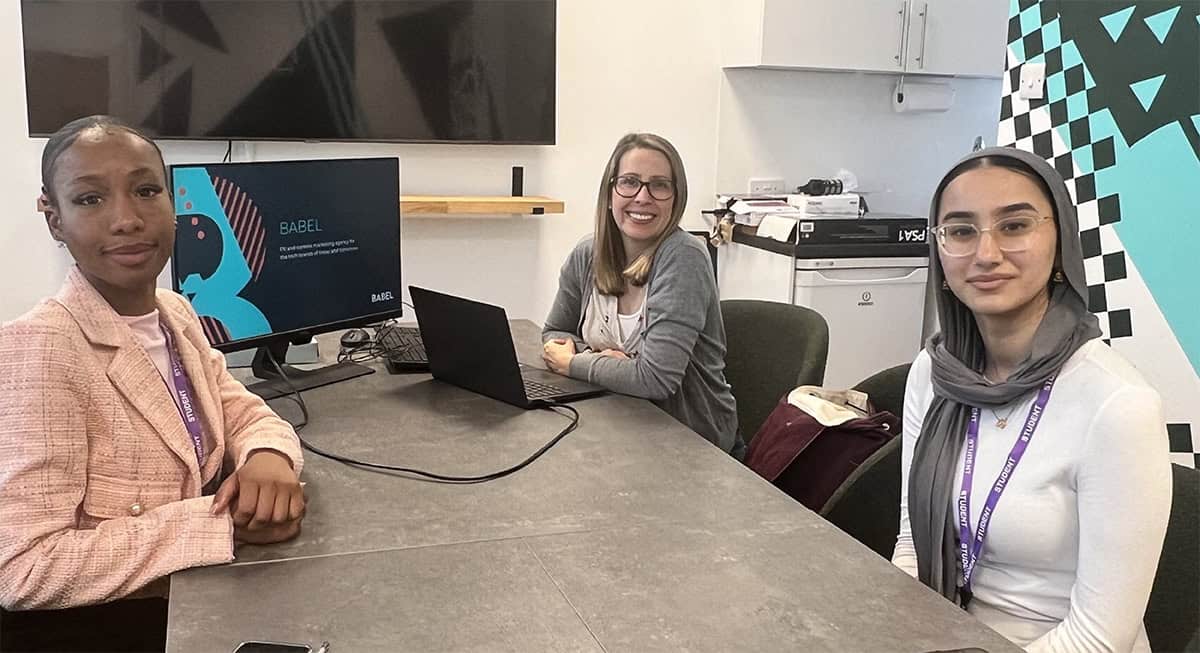Next-generation of cyber security stars flock to Bristol for elite final stage of Cyber Discovery
Government-backed initiative for 14-18-year-olds concludes with final cyber security challenge
Second of three elite Cyber Discovery camps took place in Bristol last weekend
Local students battled it out in hacking and security-focused challenges
Bristol, UK – 30th July 2018 – Local students descended on Bristol Harbour Hotel in Bristol on Saturday 28th July and Sunday 29th July as part of the final stages of the Government-backed flagship cyber security training programme, Cyber Discovery.
To help introduce cyber security as a profession to more young people, last November the UK Government launched its landmark cyber security training programme aimed at 14-18-year-olds – ‘Cyber Discovery’.
From thousands of participants overall, just 170 of the top performing and highest scoring students were invited to participate in one of three local Cyber Discovery camps taking place in Manchester, Bristol and London. Bristol Harbour Hotel in Bristol played host to the second Cyber Discovery camp on the 28th and 29th July, where 56 students competed in live, hands-on competitions such as hacking a robot arm, hacking their name badge, cryptography puzzles and listening to talks from industry professionals on the importance of cyber security as a career option. Participants were exposed to real world challenges that impact businesses every day and tasked with thwarting the tactics cyber criminals routinely use against individuals and organisations around the world.
On the final day, a tense Capture the Flag (CTF) challenge was the pinnacle of their Cyber Discovery journey. The CTF event saw students, in teams, bring together all the skills learnt in previous stages of the programme to attack systems against the clock. Students encountered web attacks, digital forensics, cryptography and binary exploitation during the CTF, learning and testing skills needed in a real-life cyber security expert’s job.
The average score achieved in prior stages of the programme by elite students invited to attend the Bristol camp was 83.7%, with the average completion being 79.2%. Given the difficulty of some of the challenges, it’s an impressive average. The top performing student invited to attend the Bristol elite camp was a girl. She scored an average of 88.9% across all 37 tests in CyberStart Essentials, the stage prior to the elite camps, proving that cyber security is definitely not just for boys. The South West was the third highest performing region to take part in Cyber Discovery. At the end of the weekend, the overall winning team in Bristol was Dial E for Exploitation.
One of Cyber Discovery’s creators, James Lyne, Head of Research and Development at SANS Institute, a key partner behind Cyber Discovery, said: “It was incredible to be part of this weekend’s Cyber Discovery Elite Bristol event. The enthusiasm and the talent of the students there was so impressive and we’ve been thrilled with the number of young people who have taken part in Cyber Discovery who have told us it’s really changed their minds about a career in cyber security. Using gamification to teach is a great and innovative way of ensuring interest is captured early on in this technology-led generation, which is something I, personally, am very excited about being a part of.”
Minister for Digital and the Creative Industries, Margot James, said: “Congratulations to all the students on making it to the Elite phase of Cyber Discovery. This is a tremendous achievement and the skills displayed so far show they could have what it takes to become a top cyber security professional. Through this programme we are inspiring the cyber security talent of tomorrow and giving some of the country’s brightest young minds the chance to learn cutting-edge cyber security skills alongside their studies.”
Joseph Bunce, aged 16, one of the Elite students at the Bristol camp and the overall winner, commented: “From the moment I started Cyber Discovery, it was obvious that cyber security was something I was interested in. As I have continued through the stages, it has becoming increasingly clear that cyber security is the right career path for me. The camp was a really great experience to learn new things and meet new people. I thoroughly enjoyed it.”
The aim of Cyber Discovery is to give young people an opportunity to learn the skills needed to either enter the cyber security industry at a junior level, or go on to further study in the area, with the ultimate goal of growing the UK’s cyber security workforce of tomorrow. Delivered for the Department of Digital, Culture, Media and Sport (DCMS) by a consortium of experts including SANS Institute, BT, the Cyber Security Challenge and FutureLearn, the programme looks to identify those with a talent for cyber security at a younger age and to encourage them towards a career in cyber.
Over 23,500 students in England played CyberStart Assess, the first phase of Cyber Discovery. Over 12,500 of those students achieved high enough scores to go through to CyberStart Game and Essentials, the next phases of the initiative. Registration for year two will open in Autumn 2018.
To follow Cyber Discovery and keep up to date with the latest Elite activity:
CDElite, #CDEliteMAN, #CDEliteBRS, #CDEliteLDN and @CyberDiscUK





